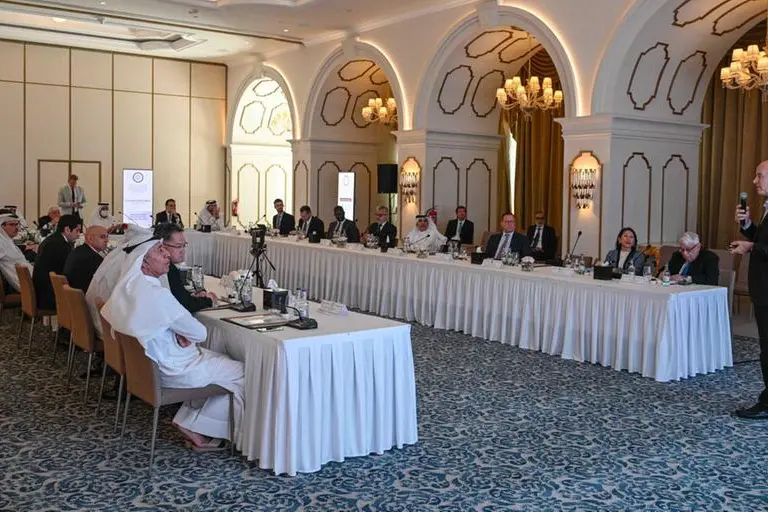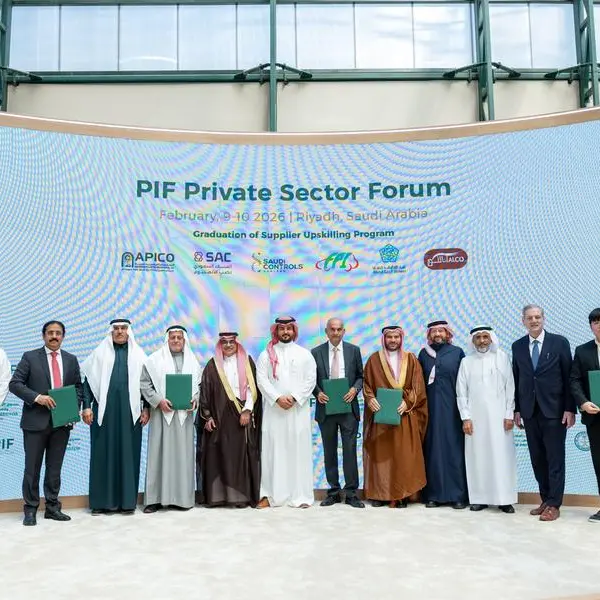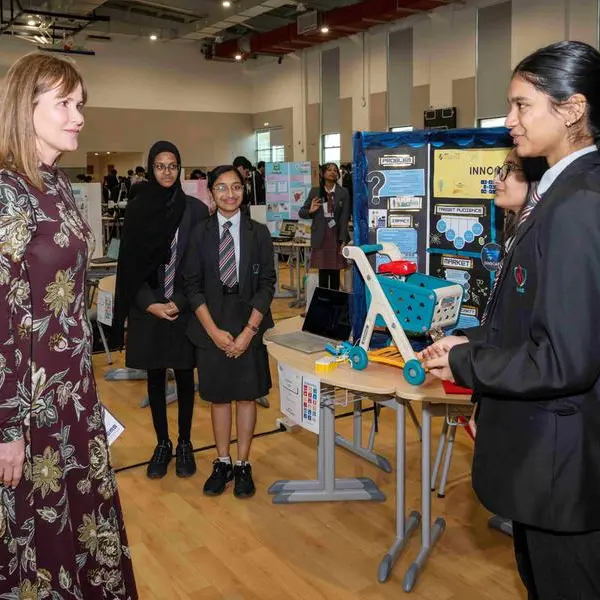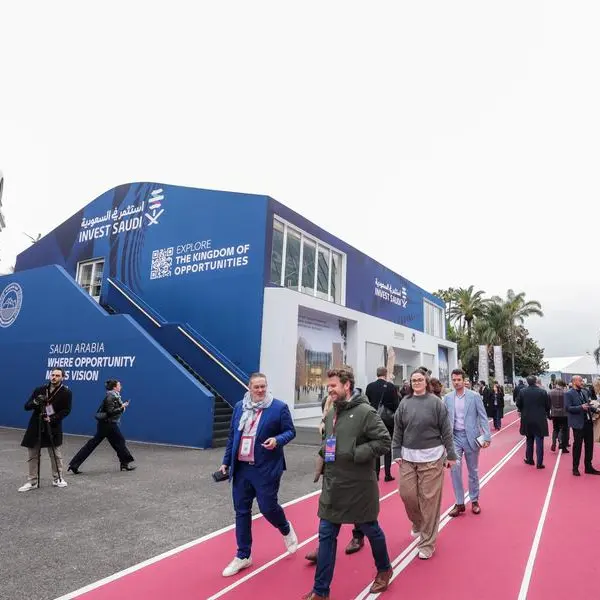PHOTO
At the first Al-Attiyah Foundation CEO Roundtable of 2024, top decision makers, internationally renowned experts and dignitaries came together to discuss potential obstructions to the ongoing energy transition and the race to net-zero emissions by mid-century.
The high-profile event, titled ‘Impediments and Opportunities for the Energy Transition’, was held on the 6th of March in Doha and moderated by the acclaimed broadcaster Nawied Jabarkhyl. Joining in-person or virtually, the discussion featured guest speakers: Dr. Patrick Allman-Ward, CEO of the Dana Gas Group; Mr Jonathan Shopley, Managing Director of Climate Impact Partners; Frank Wouters, Senior Vice President at Reliance Industries Limited; and Roland Roesch, Director, Innovation and Technology Center at IRENA.
The various mechanisms to mitigate the environmental impact of energy consumption, reduce greenhouse gas emissions, and address climate change concerns and the “UAE Consensus” formed the basis of the session’s analysis.
The “UAE Consensus”, as the COP28 outcome is called, provides a comprehensive framework that covers several aspects of the energy transition. It can be summarised as the transitioning away from all fossil fuels in a just, orderly, and equitable manner to reach net zero by 2050; tripling of global renewable energy capacity; doubling energy efficiency by 2030; recognising the role of transitional fuels in facilitating the energy transition while ensuring energy security; and accelerating the development of low emissions technologies including low-carbon hydrogen and carbon capture and storage.
The “Energy Trilemma” was also mentioned by expert speakers as they considered the ramifications of the switch to clean sources of energy. The trilemma is a framework of three objectives that energy policymakers need to balance, and which is often used as a guide in designing energy policy. The trilemma comprises of sustainability which involves decarbonising energy; security that seeks to ensure the security and reliability of energy supplies; and affordability which involves minimising the cost of energy to consumers.
With reference to the sustainability segment of the Trilemma, guests noted that one of the major effects of political tension around the world has been supply chain disruption.
As less efficient supply chains are used, both general supply chain inflation and more substantial inflation in project engineering supplies occur. Central banks have combatted this by raising interest rates, which has had further impacts on project economics.
Speaking at the CEO Roundtable, His Excellency Abdullah bin Hamad Al-Attiyah, Chairman of the Board of Trustees of the Al-Attiyah Foundation and former Minister of Energy and Industry of the State of Qatar, said: “It gave me great pleasure to host the first Roundtable of 2024 and to hear valuable insights from our member CEO and expert guest speakers. In the realm of energy transition, we stand at a pivotal crossroads. The 'UAE Consensus' illuminates the path towards a net-zero future. However, as we grapple with the complexities of the Energy Trilemma, we must also confront the harsh realities of supply chain disruptions and the escalating demand for energy and crucial metals.”
To learn more on hydrogen and its potential impact on the energy transition visit the Al-Attiyah Foundation website at http://www.abhafoundation.org
-Ends-




















